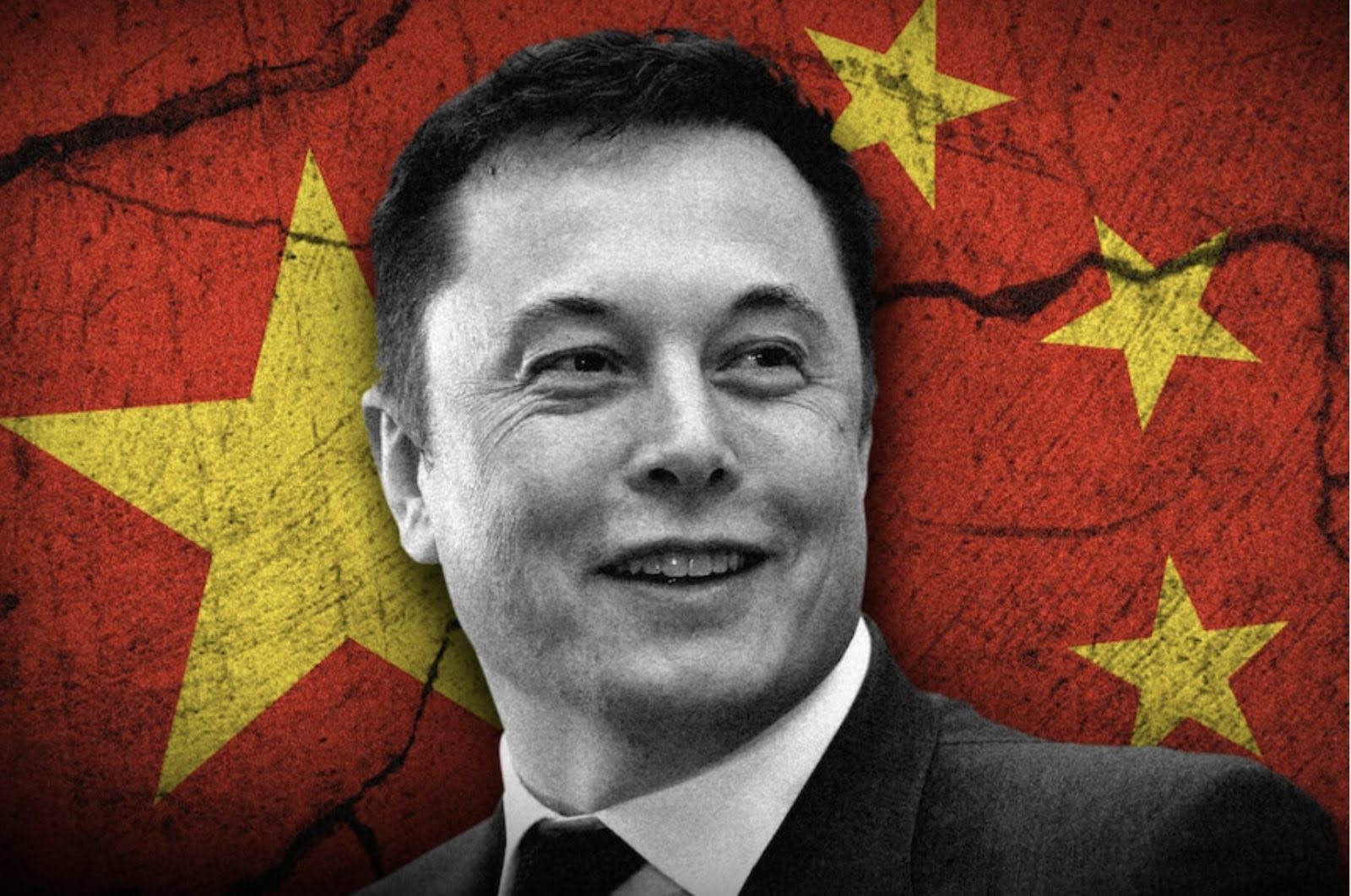By Howard Bloom, Founder and Chair, Space Development Steering Committee, Co-founder Asian Space Technology Summit, and Erinn van Wynsberghe, Founder VanWyn Technologies
The space race of the 21st century is not between nations, but between China and one man: Elon Musk.
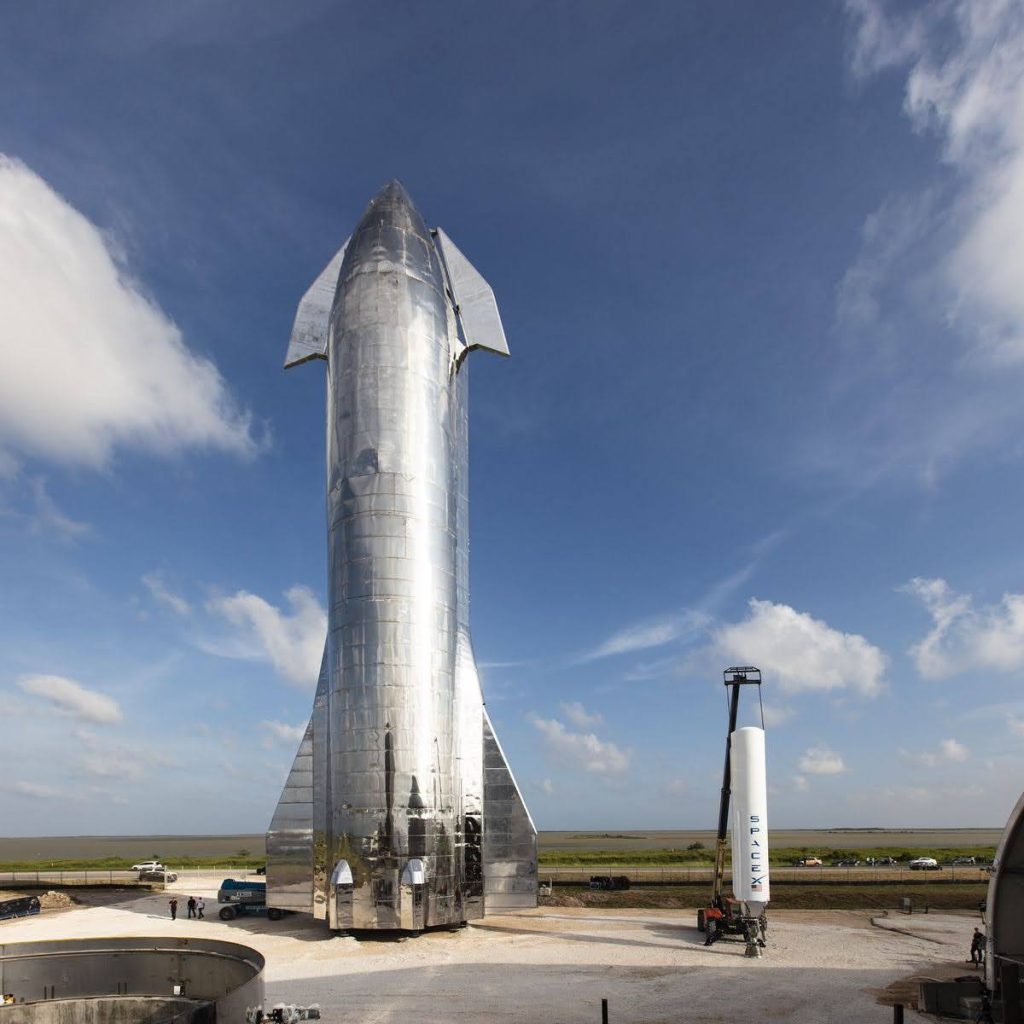
As CEO of SpaceX, Musk has revolutionized space travel, achieving milestones once thought impossible. His relentless drive has put SpaceX at the forefront, far outpacing NASA, not to mention Russia, China, and India. In contrast, America’s government space programs, like the Space Launch System (SLS) and Lunar Gateway, represent a waste of money and an approach to space exploration that’s outdated, old-fashioned, and about to become obsolete.
So says Howard Bloom, Founder and Chair of the Space Development Steering Committee, co-founder of the Asian Space Technology Summit, and author of eight books including the forthcoming The Case of the Sexual Cosmos: Everything You Know About Nature is Wrong. Bloom highlights SpaceX’s unprecedented achievements including
· The fully-reusable Falcon Heavy super-rocket, a rocket able to carry a massive payload of 70 tons,
· The reusable Falcon 9, which carries seventeen tons of cargo, and which has flown 350 times.
· And the upcoming, fully reusable Starship, the biggest rocket in history, which will carry 120 tons of cargo or 100 passengers in luxury-cruise comfort.
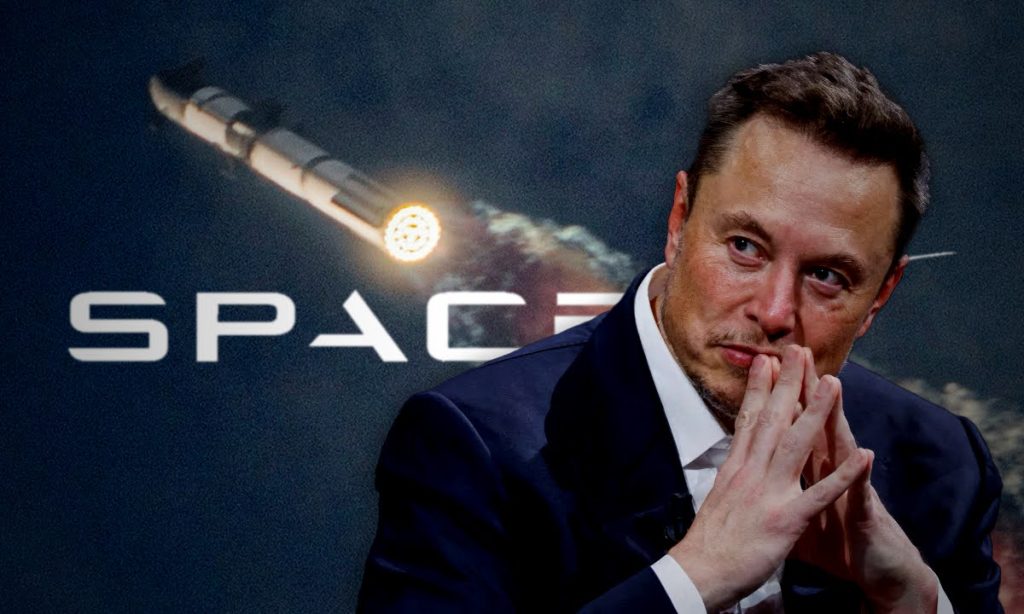
Musk’s rockets will soon reduce the cost of carrying a pound to space from $10,000 to $50.
Bloom points out that NASA’s Space Launch System program, on the other hand, has been plagued by delays and cost overruns, with little to show for the fifty billion dollars spent. What’s worse, NASA’S Gateway, a space station planned to orbit the moon, also represents a bloated and inefficient use of taxpayer funds.
“Look,” says Bloom, “the Space Launch System can only launch once every two years and costs two billion dollars per launch. For that price, you will soon be able to launch more than twenty of Elon Musk’s Starships. One Space Launch system rocket will only carry four Astronauts. One Starship will carry a hundred. And the twenty Starship launches you could buy for the cost of a single Space Launch System’s lift-off will carry two thousand. You heard that right. For the price of four astronauts sent into orbit around the moon, the Starship can launch two thousand.” Bloom emphasizes that, “There’s a huge hitch to the Space Launch System. A gargantuan one. The Space Launch System cannot land astronauts on the moon. All it can do is take them to an orbit around the moon, forcing them to look down helplessly on the moon’s surface from a distance. But the Starship will be able to land every passenger it carries. On the lunar surface. Where it counts.”
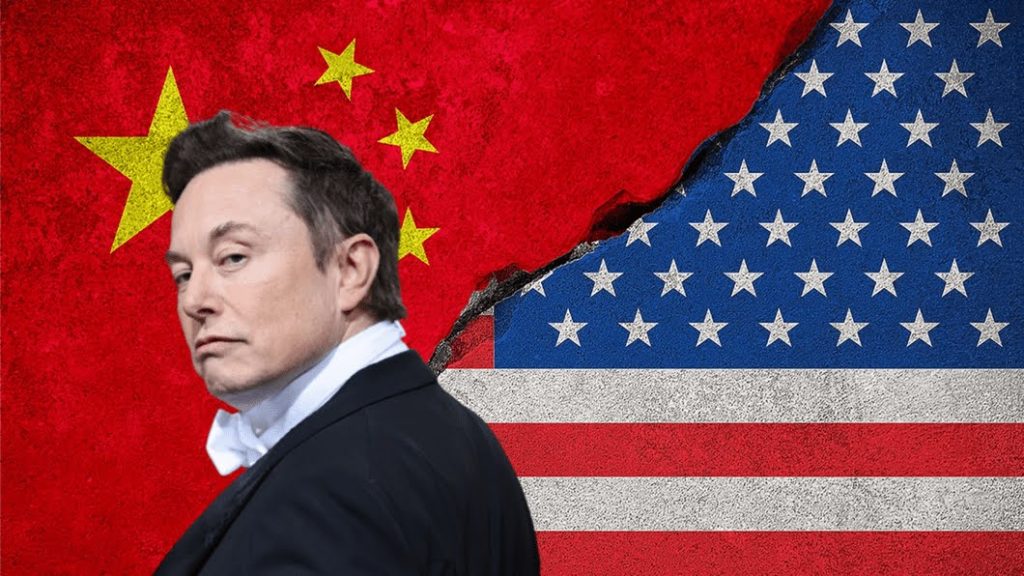
America, says Bloom, cannot afford to invest in blunders like the Space Launch System. It needs Musk’s Starship. Fast. In fact, America’s leadership of the world is at stake.
Why? Because China intends to get Chinese passengers to the moon by 2030. Which means that we Americans need to get to the moon by 2029. Or we will lose our global leadership.
Frankly, the money and time wasted on the Space Launch System could easily prevent us from doing that.
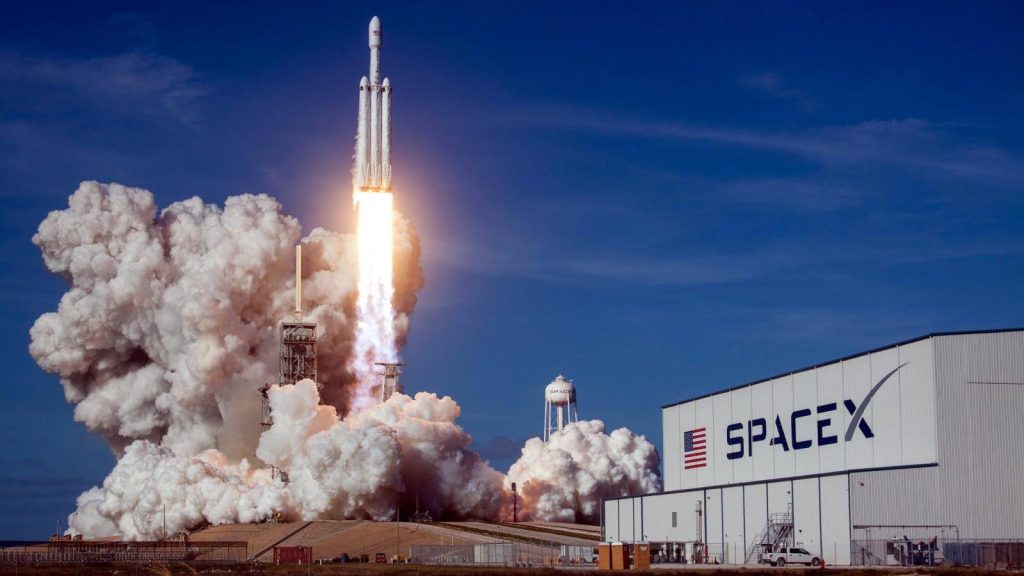
Meanwhile, China, the nation that wants to shove us out of the leadership role and take over, has a rapidly advancing space program. China has landed rovers on the moon and Mars, returned samples from both the near and the far side of the moon, and is building the rockets that will put “Taikonauts” (Chinese astronauts) on the lunar surface within six years. If successful, this will establish China as the dominant power in space, shaping the geopolitical landscape for decades, possibly even centuries, to come. The moon’s vast resources include iron, aluminum, and titanium, not to mention oxygen, silicon, water, rare earth elements and Helium-3. These could be pivotal in future technology and energy sectors, granting China unprecedented leverage in the global economy.
If America followed a plan mapped out by nuclear engineer and head of the Mars Society Robert Zubrin, we would load 100 passengers on the Starship, fly them to low earth orbit, refuel the Starship, continue its journey, and land its passengers on the Moon. When the expedition was over, the Starship would re-board its passengers, lift off, head for Earth, refuel in low earth orbit, make a soft landing at a facility like Musk’s Starbase in Texas, and deplane its hundred passengers. Then prepare for its next launch. Zubrin calls this “Moon Direct.”

What’s standing in the way? Congress, the Senate, and NASA. Explains Bloom, “Congress must wake up to the fact that our achievements in space are urgent to our national security. If China takes the high ground of the moon, it will gain enormous military advantages. Which means that winning the new space race is not merely about prestige; it is about securing economic pre-eminence and technological leadership for the coming century.
Says Bloom, “The United States has to be the first to plant habitats for hundreds of humans on the moon. We have to be the first to build what the European Space Agency calls ‘moon villages.’ Not to mention tourist attractions that can bring in thousands. Disneylands and Las Vegas’s on the moon. Elon Musk is providing the tools for America’s greatest achievement. The achievement that will allow us to keep democracy ahead of dictatorship on the world stage for decades if not centuries to come. To repeat, to remain relevant in the centuries to come, we must be first. And our key to being first is Elon Musk.”
______
Howard Bloom of the Howard Bloom Institute has been called the Einstein, Newton, Darwin, and Freud of the 21st century by Britain’s Channel 4 TV. One of his eight books–Global Brain—was the subject of a symposium thrown by the Office of the Secretary of Defense including representatives from the State Department, the Energy Department, DARPA, IBM, and MIT. His work has been published in The Washington Post, The Wall Street Journal, Wired, Psychology Today, and the Scientific American. He is the founder of the Space Development Steering Committee and the co-founder of the Asia Space Technology Summit. Bloom does news commentary at 1:06 am Eastern Time every Wednesday night on 545 radio stations on Coast to Coast AM. For more, see http://howardbloom.institute.
